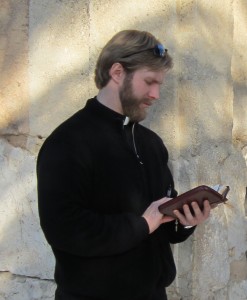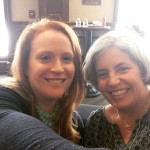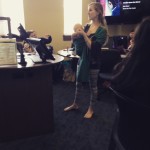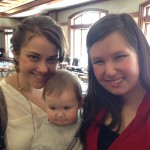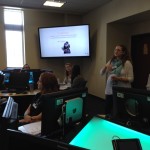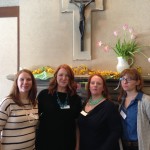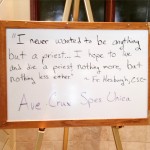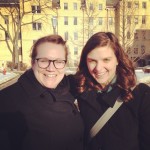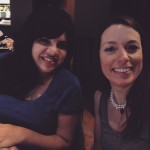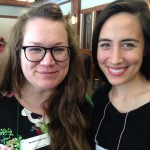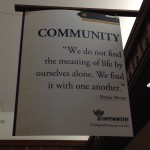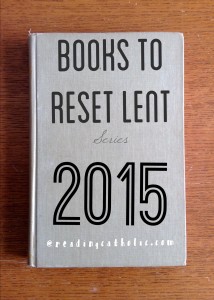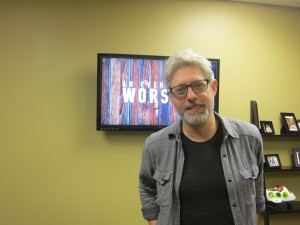How you know me: I grew up in Rock Island, IL, attending St. Mary’s Parish, and I am a ’98 Alleman High School graduate. As a seminarian for the diocese from 2004-2009, I spent summers serving at the Cathedral, St. Philomena’s Parish in Peoria and Holy Trinity Parish in Bloomington.
After ordination, I served for three years at the La Salle Catholic Parishes, and presently, I reside at St. Philomena’s Parish in Peoria while I am the chaplain of Peoria Notre Dame High School. Those of you who are avid Catholic readers may also be familiar with my cousin, Emily Stimpson, who is an author, blogger, and speaker.
Why I love reading: I love the power of the written word. The greatest authors are teachers, and when I settle in with a good book, I become a student. There are so many times in my life just sitting in a room, a coffee house, or a chapel with a good book, that I have been impacted permanently by the thoughts or imagery conveyed by an author.
What I’m reading now: I am currently a candidate for a Sacred Theological Licentiate degree in the New Evangelization, a high school teacher, and a daily homilist. The books that I read then are usually within three categories: for study, preaching, or prayer.
Most recently, I have finished All for Her: The Autobiography of Father Patrick Peyton, C.S.C; Evangelizing Catholics: A Mission Manual for the New Evangelization
by Scott Hahn; and In Memory of Me: A Meditation on the Roman Canon
by Milton Walsh. All of which I highly recommend.
My favorite book: My favorite book is the one that saved my soul. During a year of immersion in modern philosophy, somewhere between Descartes and Hegel, I began to seriously doubt whether God existed. A dark, intellectual angst came over me as I struggled to reconcile how it is that I, a finite creature, could certainly know an infinite God.
I then picked up Introduction to Christianity, 2nd Edition (Communio Books) by Joseph Ratzinger (Pope Emeritus Benedict XVI) and on one miraculous page of that text he dispelled my doubt. He discussed that it is normal for believers to doubt God’s existence at times and for disbelievers to doubt God’s non-existence at times.
He led me by the hand to realize that I was trying to comprehend God in the same way that I would empirically comprehend a physical chair I was sitting in. Oh fool! I then began to think about the beauty of faith. Which life is the life worth living: Friedrich Nietzsche or St. Francis of Assisi? I then stopped trying to analyze God via interior monologue and started once again to commune with God via interior dialogue. May the Incarnate Word bless you all in the good words you read.
